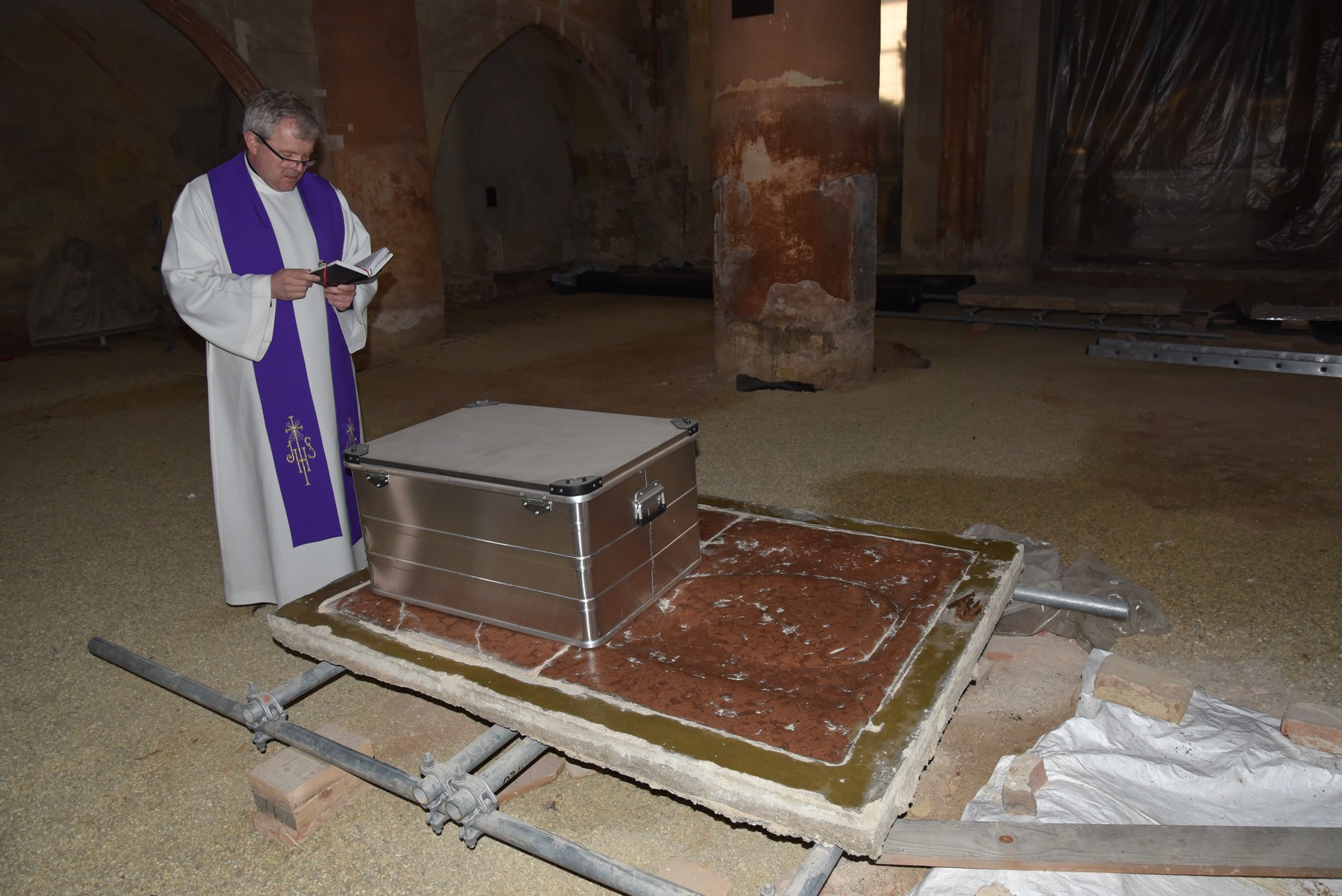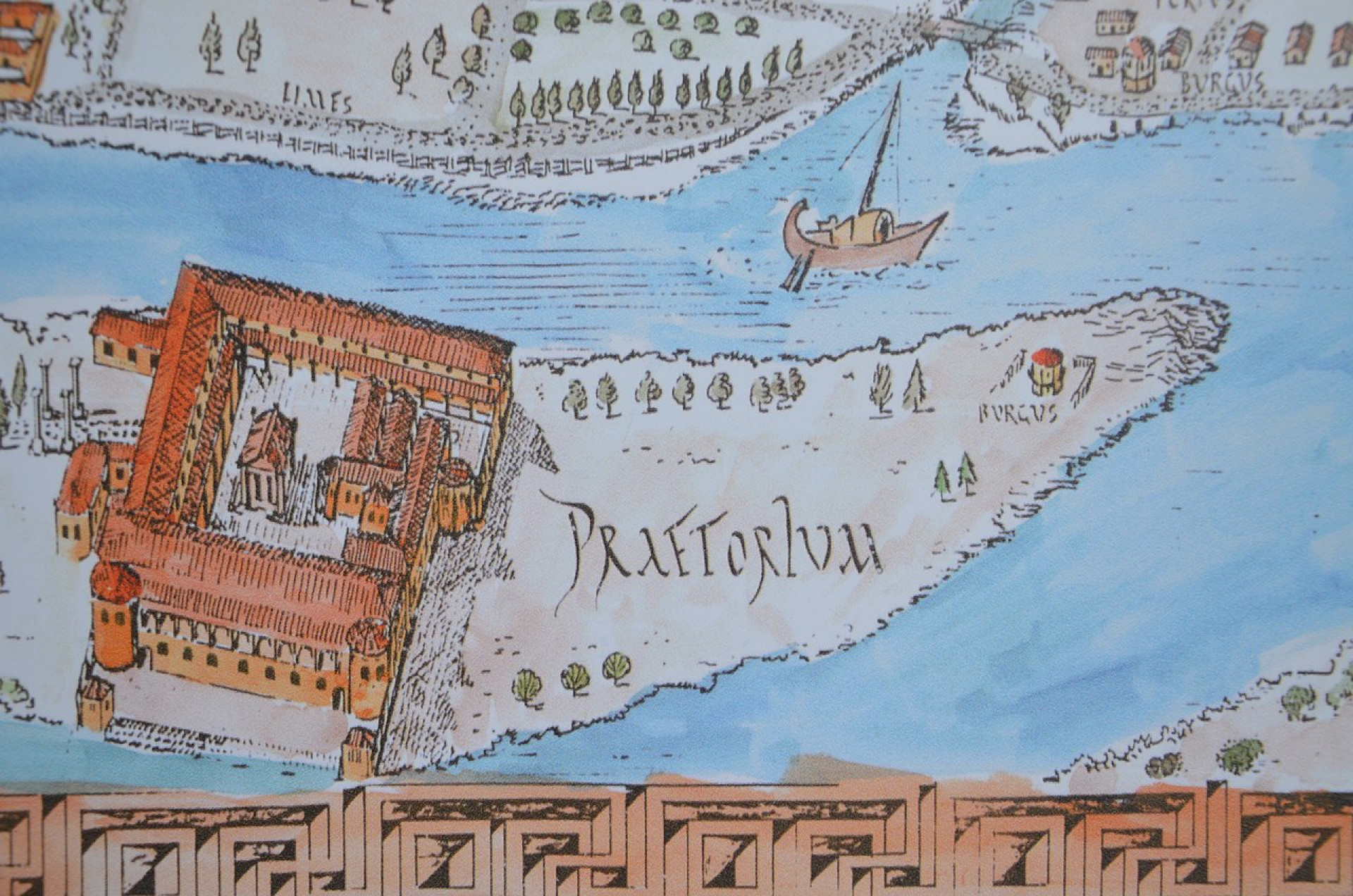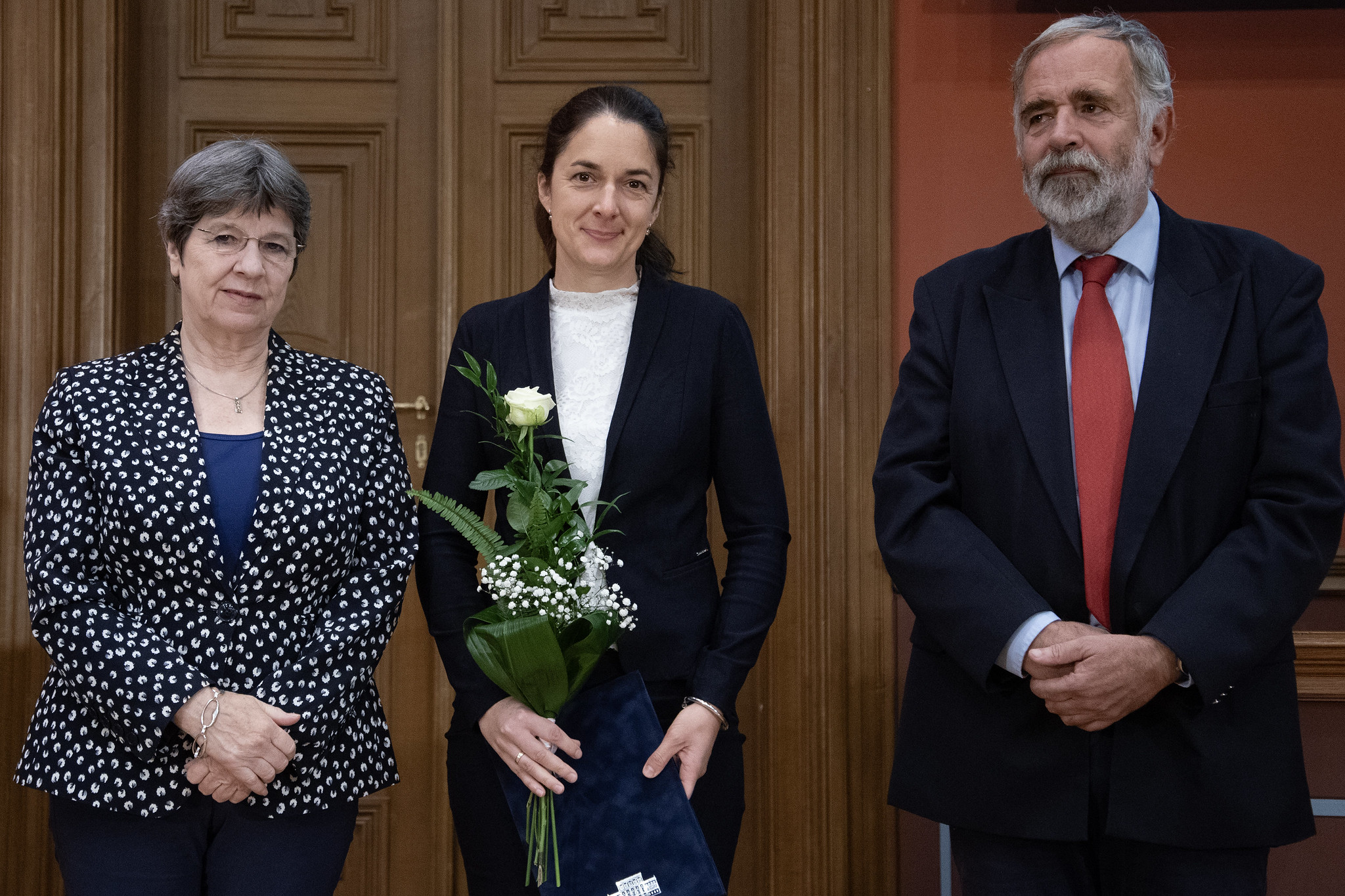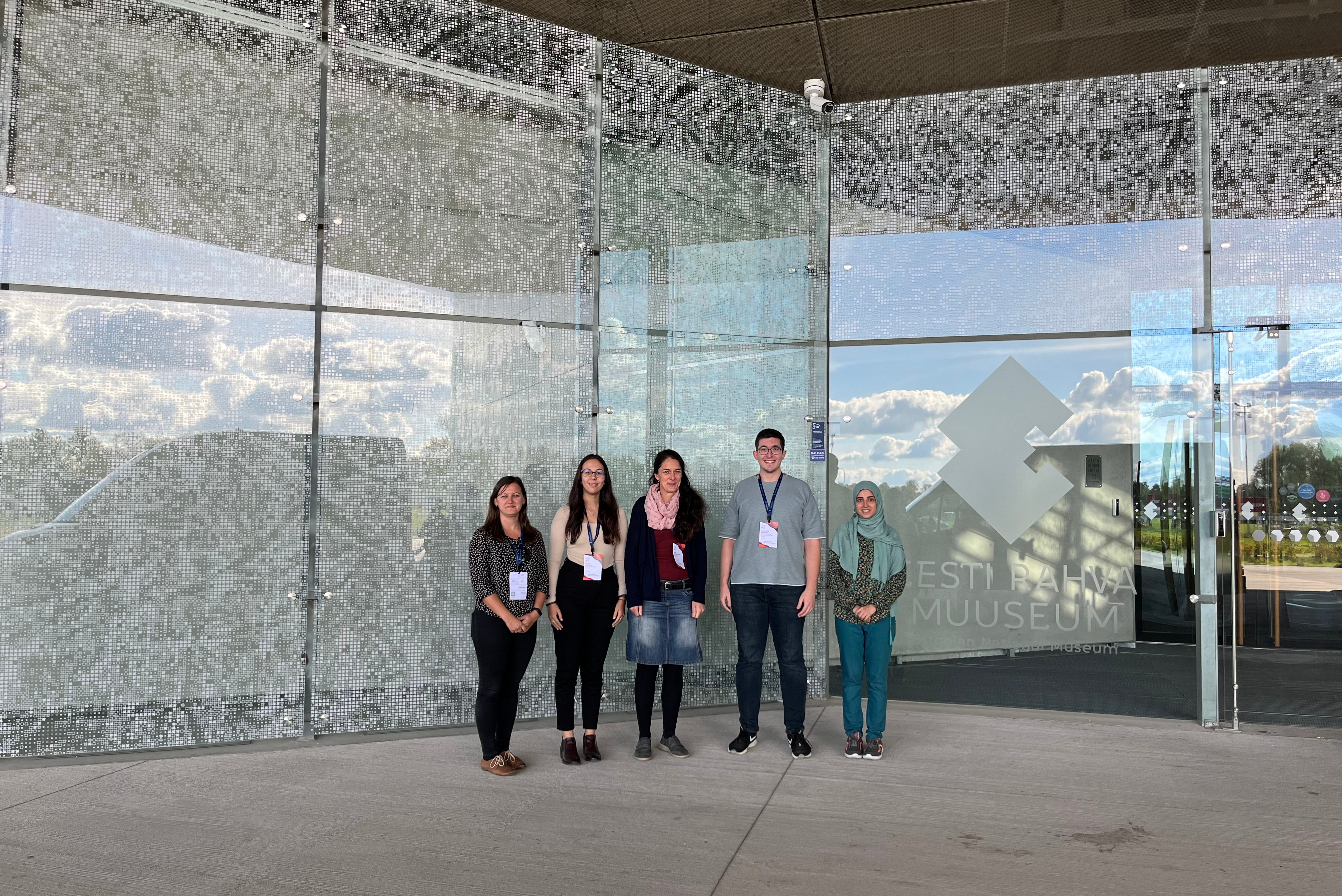ELTE Research Centre for the Humanities | 1097 Budapest, Tóth Kálmán utca 4. | HU15854939

The bones found in the burial vault of the Szent Jakab Church in Kőszeg have been returned to their original resting place
- Details
- Category: News
The family crypt in the middle of the main nave in the St. James Church on the historic main square of Kőszeg was in a highly disturbed state, meaning the bones were not lying in anatomical order. The bones selected for genetic testing were sampled by the employees of the Budapest-based Institute of Archaeogenomics (HUN-REN Research Centre for theHumanities).

Qubit article about the work of the HAS-RCH Momentum Bioarchaeology Research Group
- Details
- Category: News
"The extensive Hungarian Pannonia research may finally reveal what the Romans gave us" - a longer article about our institute's new Momentum project was published on qubit.hu.

Anna Szécsényi-Nagy received the certificate for her successful application in the the MTA Lendület „Momentum” program 2023-2028
- Details
- Category: News
On September 26, 2023, the official announcement of the results of the MTA's Momentum Grant (MTA Lendület Pályázat) took place, where the winning applicants briefly presented their research projects. Among them was Anna Szécsényi-Nagy, the director of our institute outlined the interdisciplinary research plans for the emerging Momentum Bioarchaeology Research Group's project titled "Life and Death at the Edge of the Roman Civilization: Complex Bioarchaeological Analysis of Pannonian Communities”.

Participation of our colleagues in ISBA 2023 conference in Estonia
- Details
- Category: News
The International Society for Biomolecular Archeology (ISBA) organized the 10th ISBA conference between the 13-15th of September in Tartu, Estonia. Anna Szécsényi-Nagy, our director and five colleagues of the Institute of Archaeogenomics participated in one of the most prestigious events in the scientific field with a lecture and four posters.
More Articles …
Page 10 of 15


